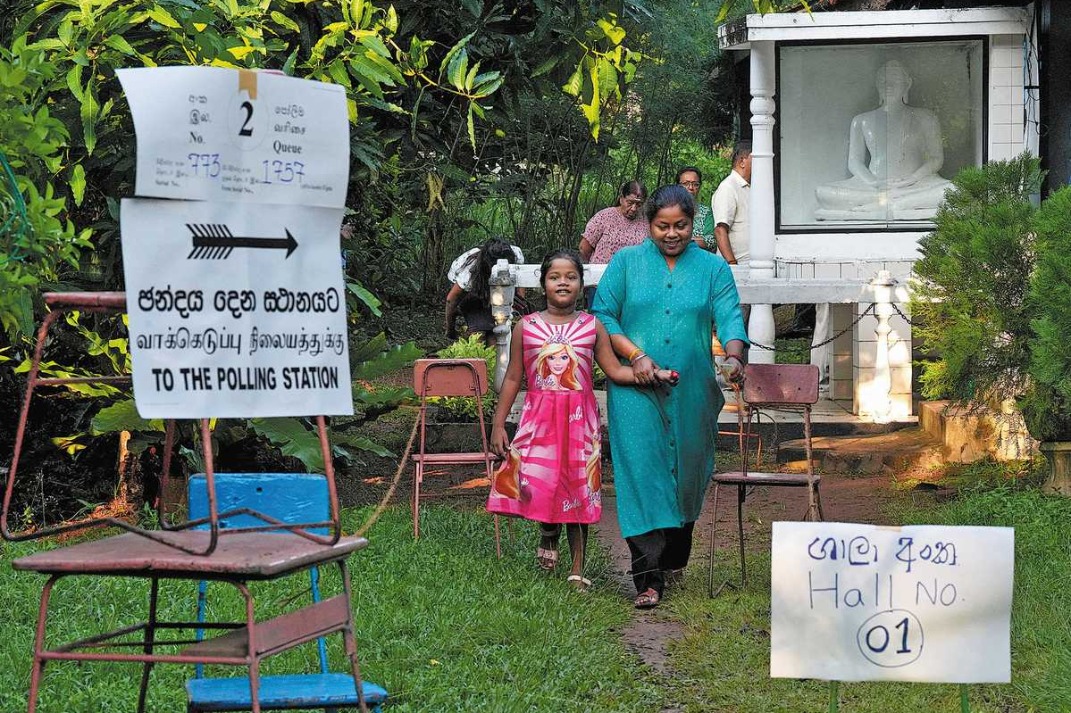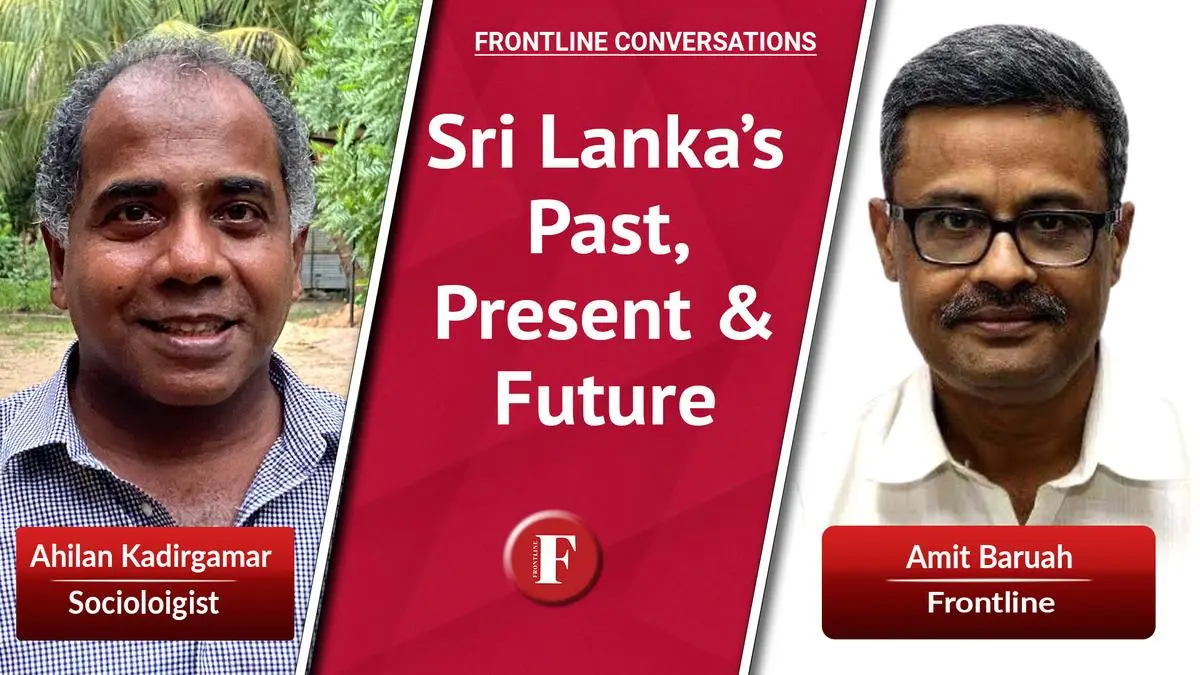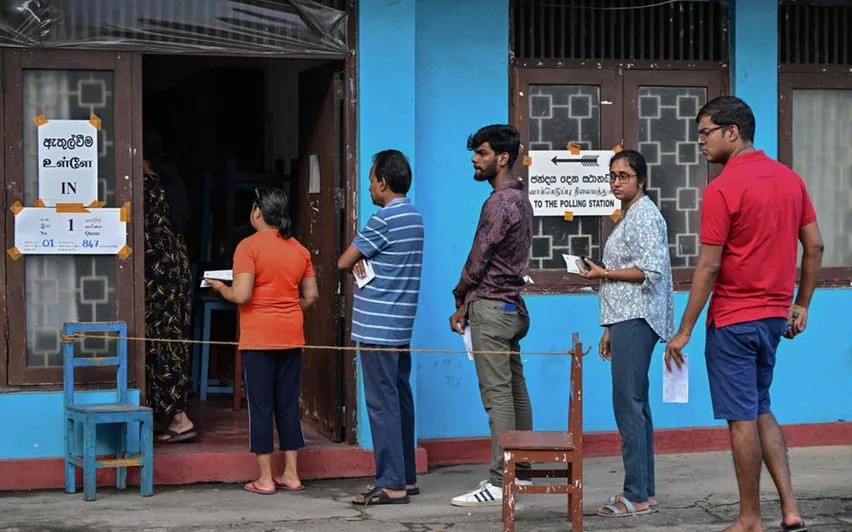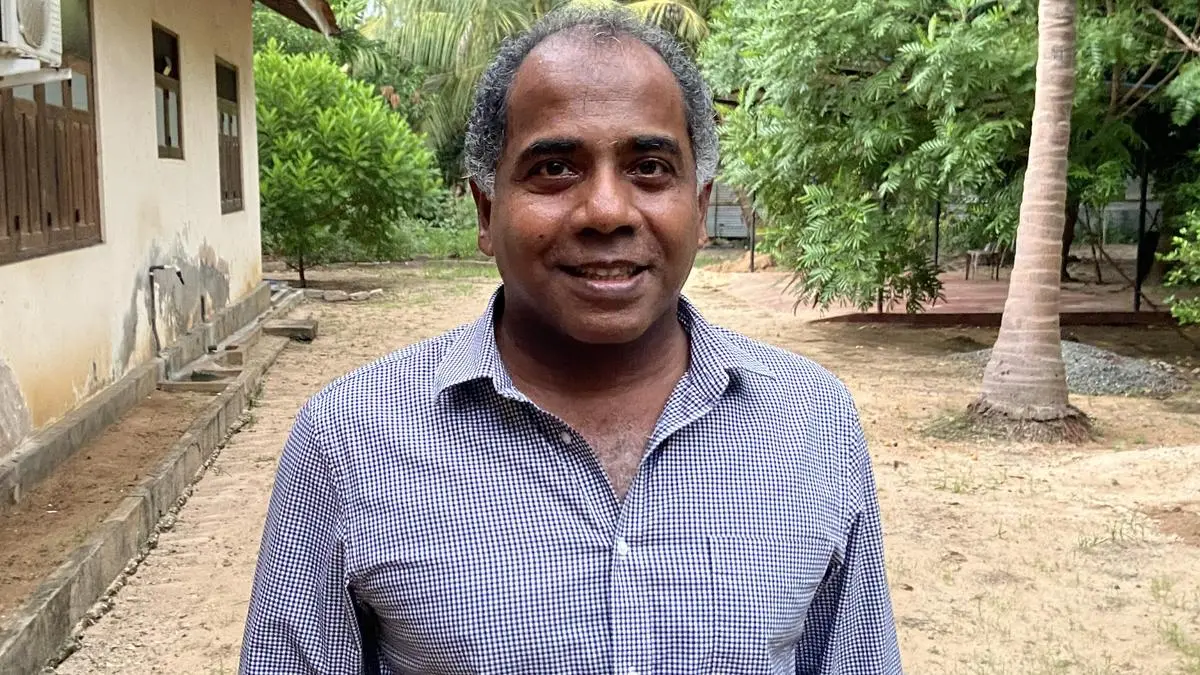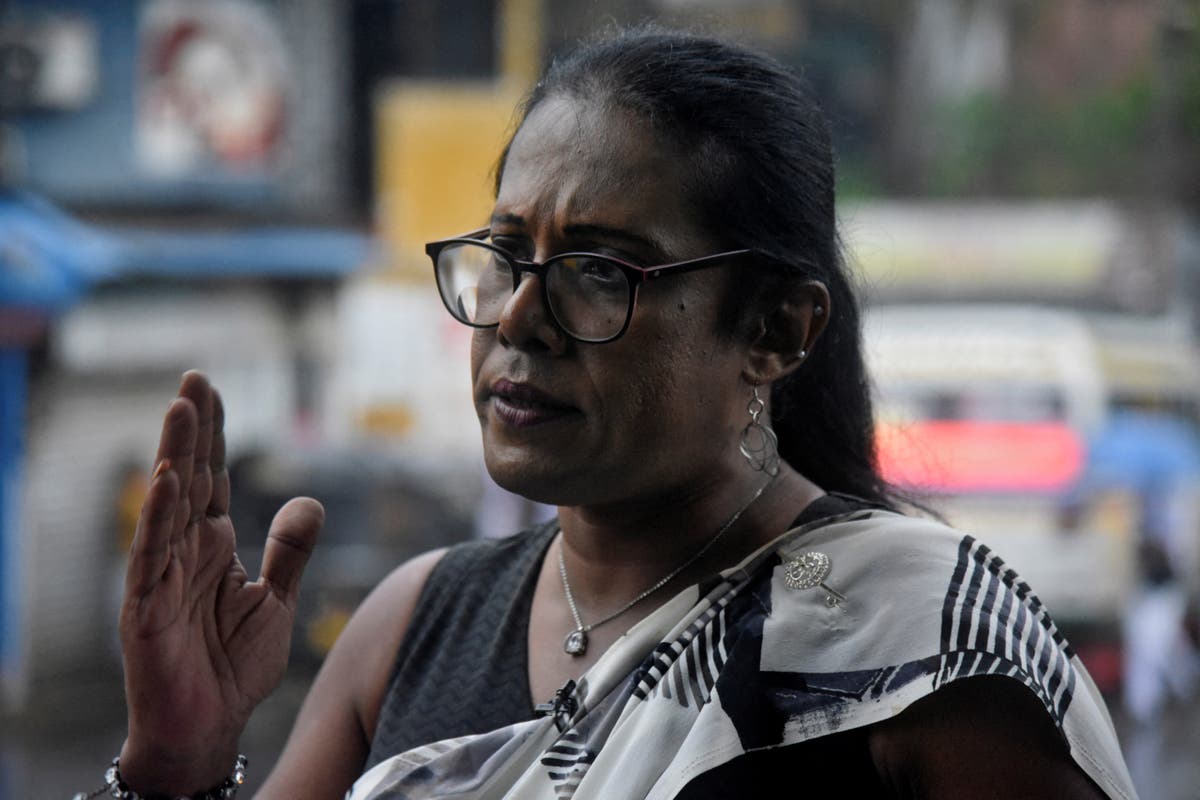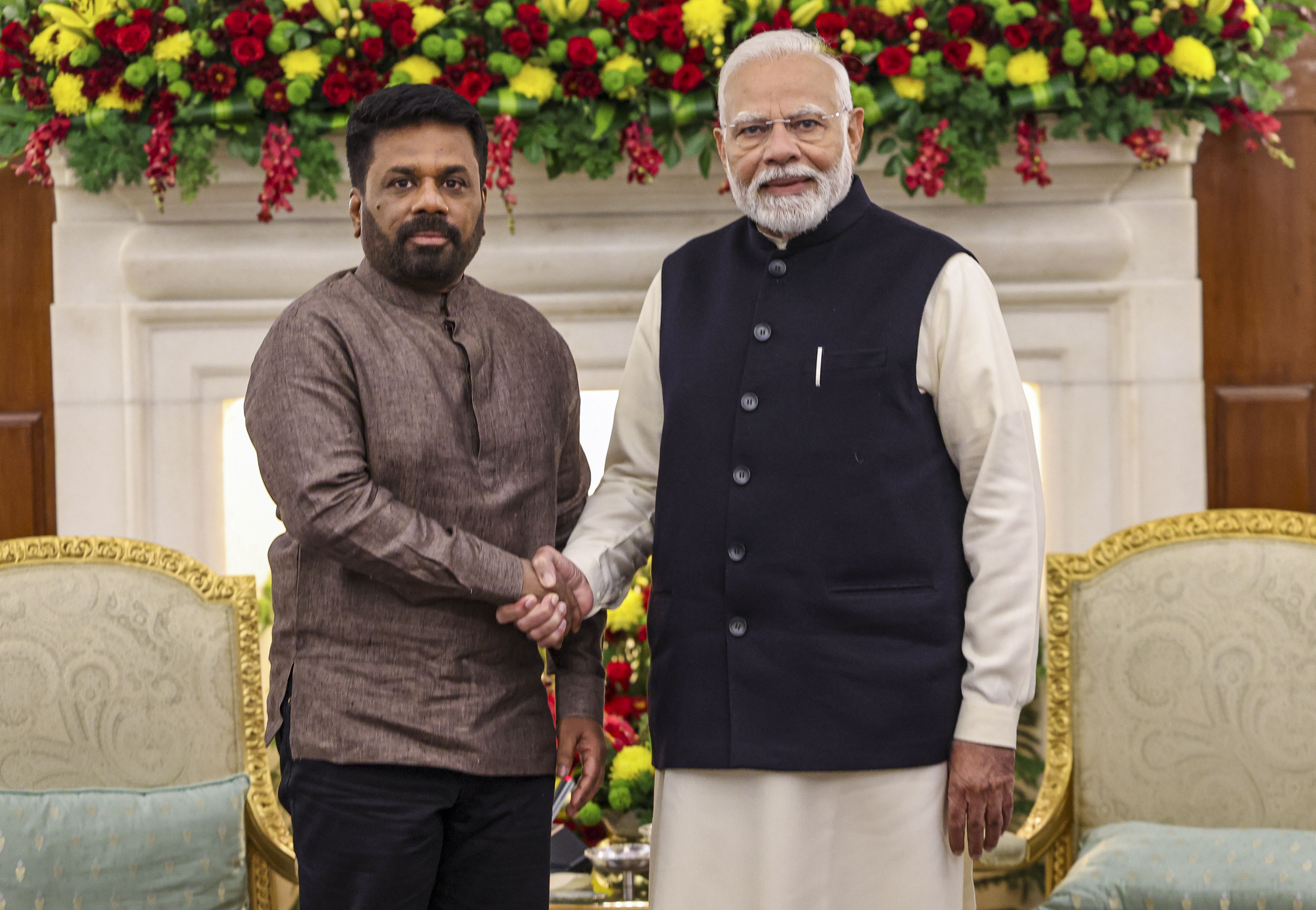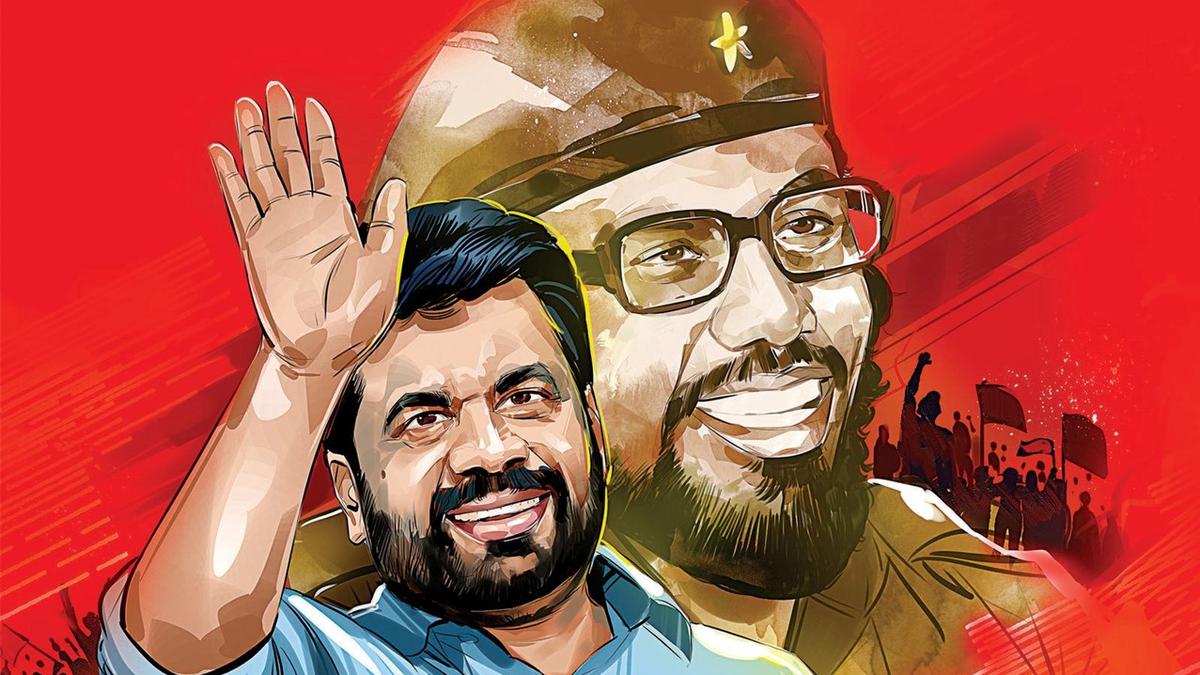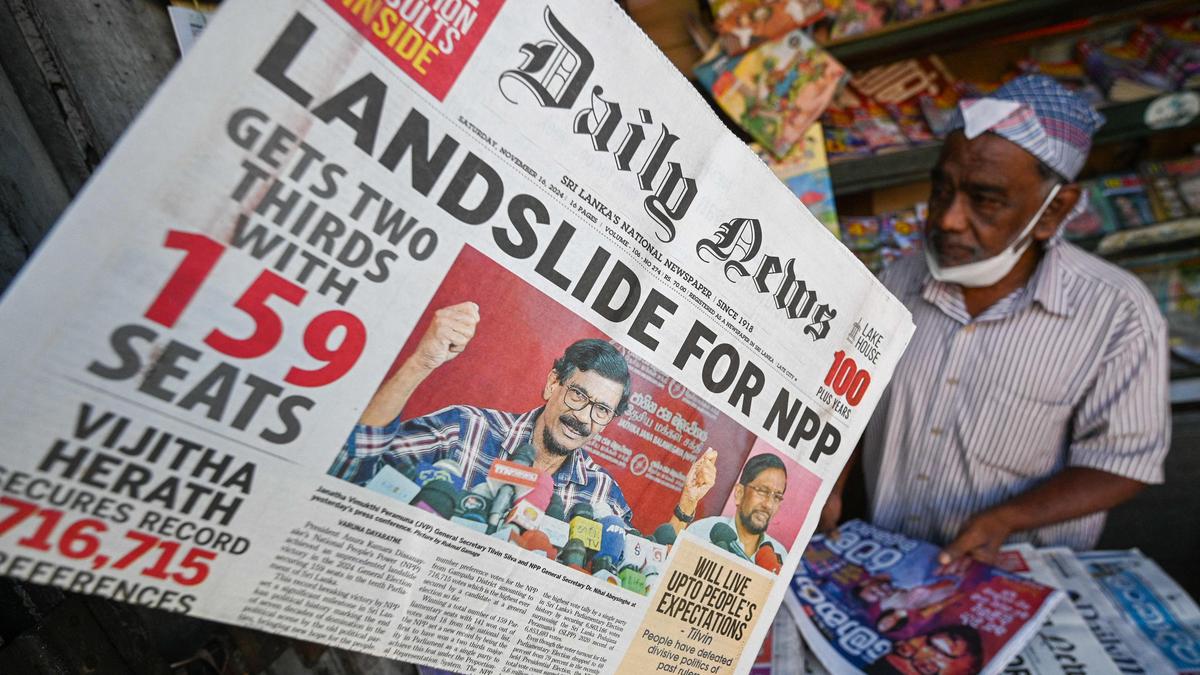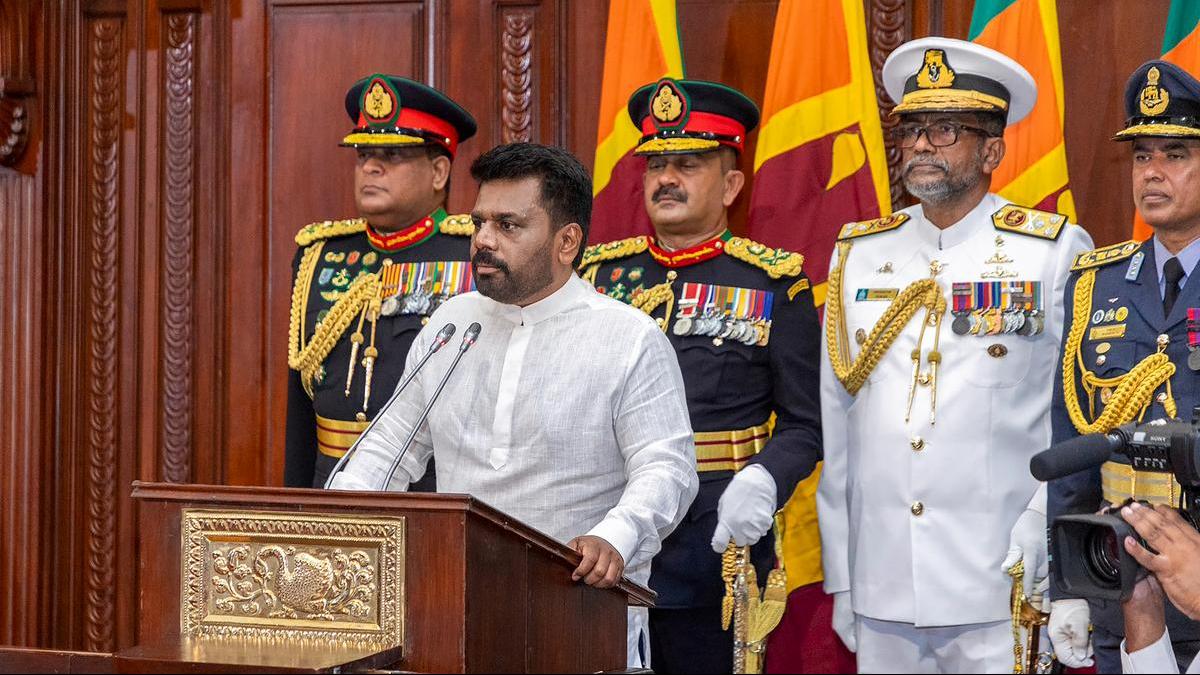
Monks’ role in Sri Lanka protests raises familiar questions
The IndependentFor free real time breaking news alerts sent straight to your inbox sign up to our breaking news emails Sign up to our free breaking news emails Sign up to our free breaking news emails SIGN UP I would like to be emailed about offers, events and updates from The Independent. Read our privacy policy The street protests that drove Sri Lanka’s President Gotabaya Rajapaksa from office last month brought together people from across the country’s diverse and sometimes warring ethno-religious groups: Tamils, Muslims, Christians and Sinhala Buddhists — including, unmistakably, the saffron-robed Buddhist monks who are fixtures of Sri Lanka’s political scene. ___ Political involvement by the monks — easy to spot in the protests against Rajapaksa’s inaction on Sri Lanka’s economic woes — also includes taking seats in Parliament and joining political parties. People don’t view them as religious leaders anymore,” said Venerable Mahayaye Vineetha, a Sri Lankan monk living in Kandy, a city in Sri Lanka’s central highlands. Theravada Buddhist monks have been both spiritual and practical advisers to Sri Lankan political leaders for centuries, starting with the country’s kings.
History of this topic
Protests ousted Sri Lanka’s last president. Ahead of new election, many are still waiting for change
Associated Press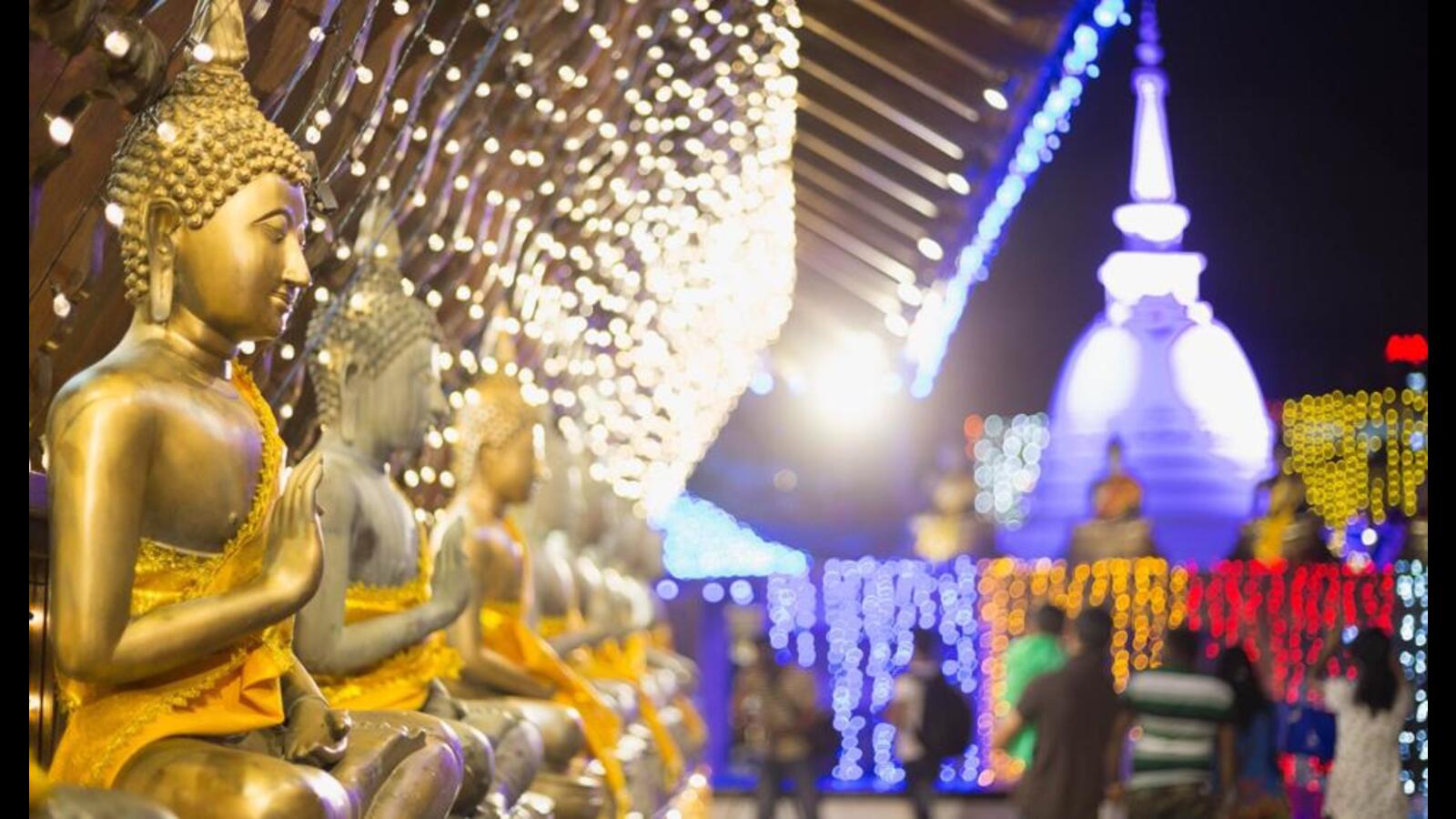
Shunyata: the influence of Buddhism on life in Sri Lanka
Hindustan Times
Sri Lankans are squabbling over monuments
Hindustan Times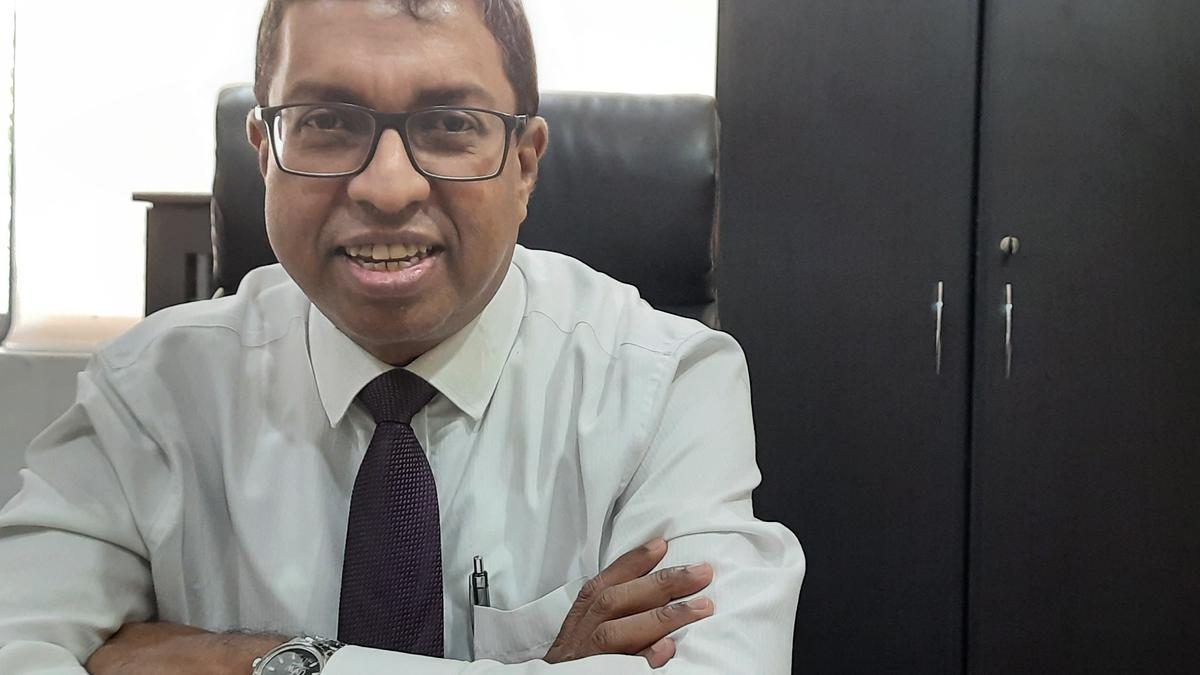
A voice of reason during Sri Lanka’s crisis
The Hindu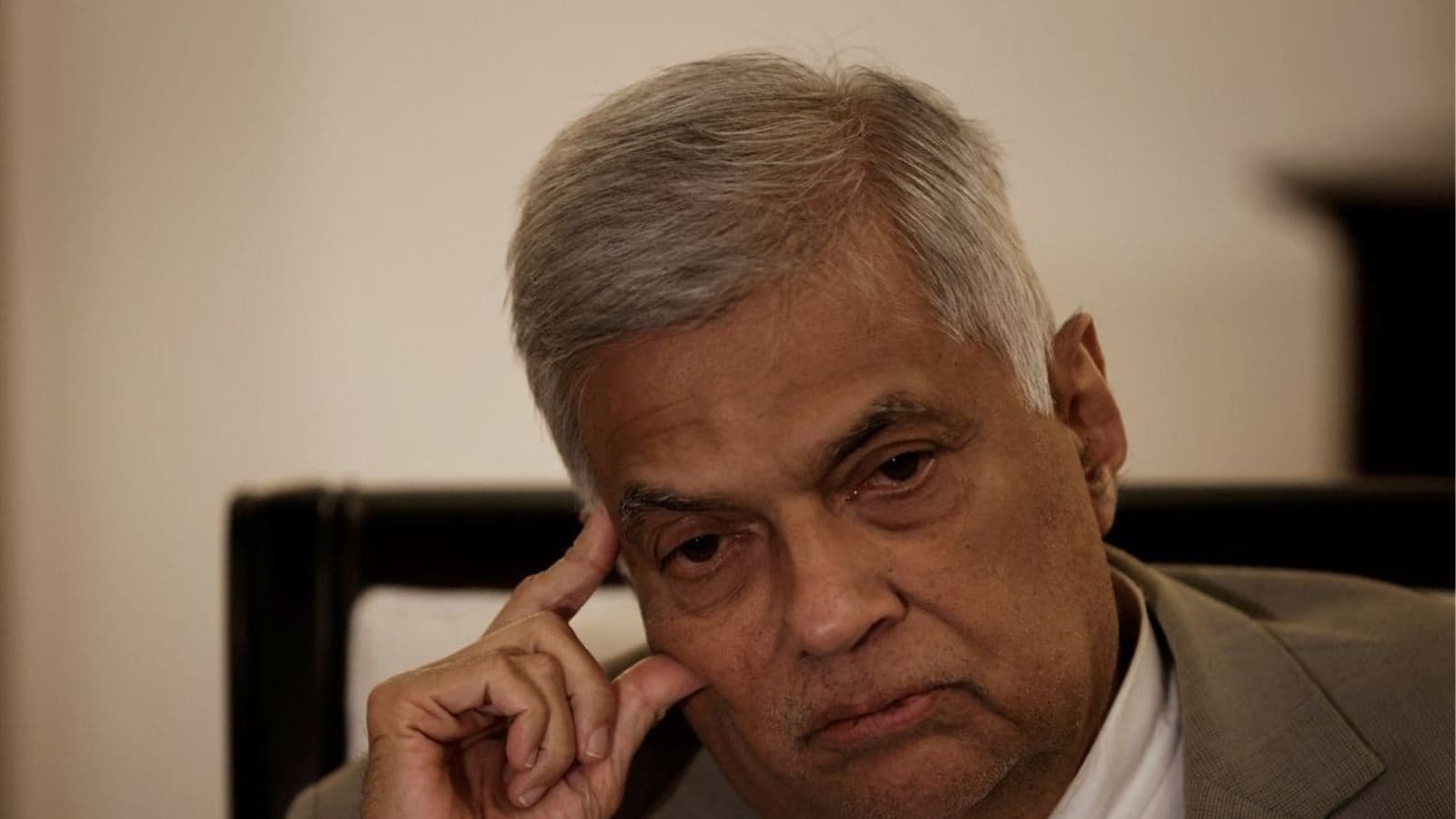
Sri Lanka Crisis: Plan Handed Over by Peaceful Protesters Good, Says Acting President Wickremesinghe
News 18Sri Lankan politicians meet to choose a new leader after Gotabaya Rajapaksa resigns
ABC
DC Edit | Sri Lanka: Rajapaksas are history but chaos reigns
Deccan Chronicle
A brief history of the rise, fall of Sri Lanka’s president
Associated Press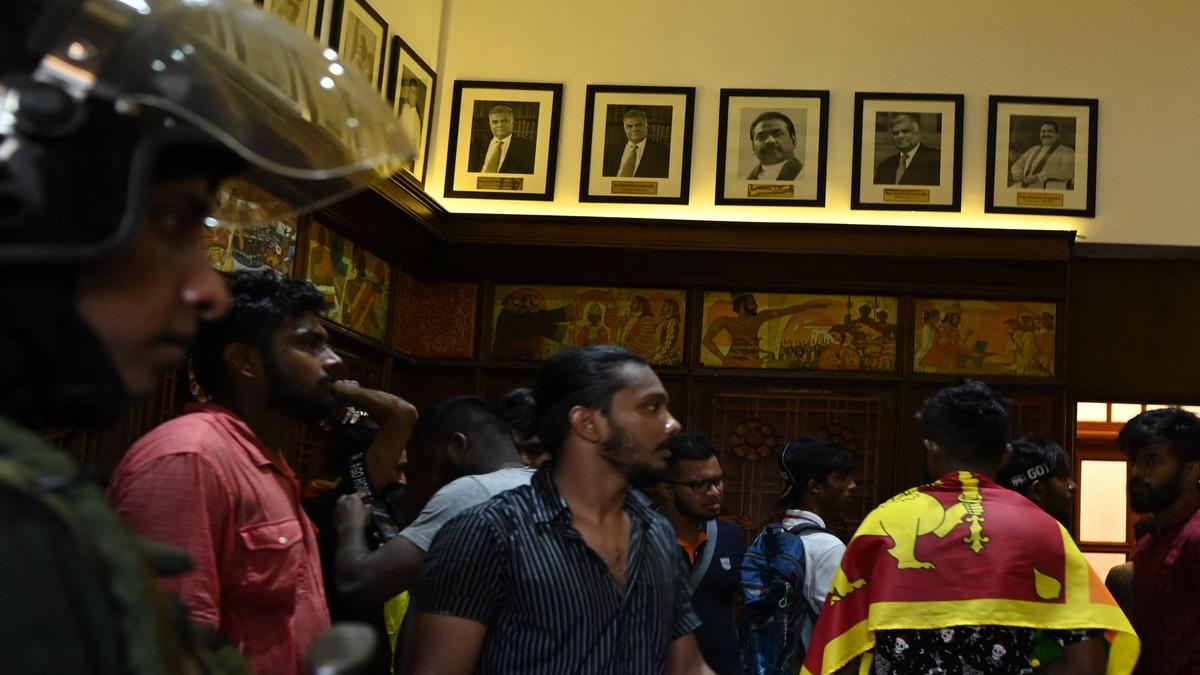
In Sri Lanka, no quiet after the storm
The Hindu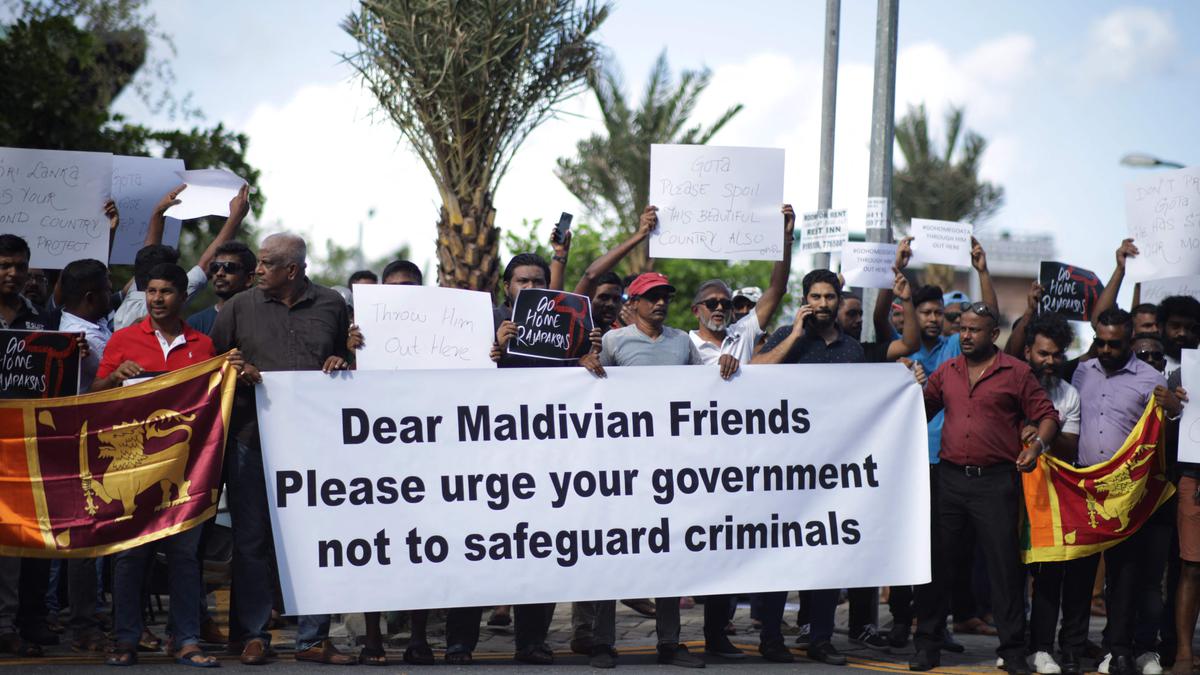
‘Don’t safeguard criminals’: Fleeing Sri Lankan president faces protests in Maldives
The Hindu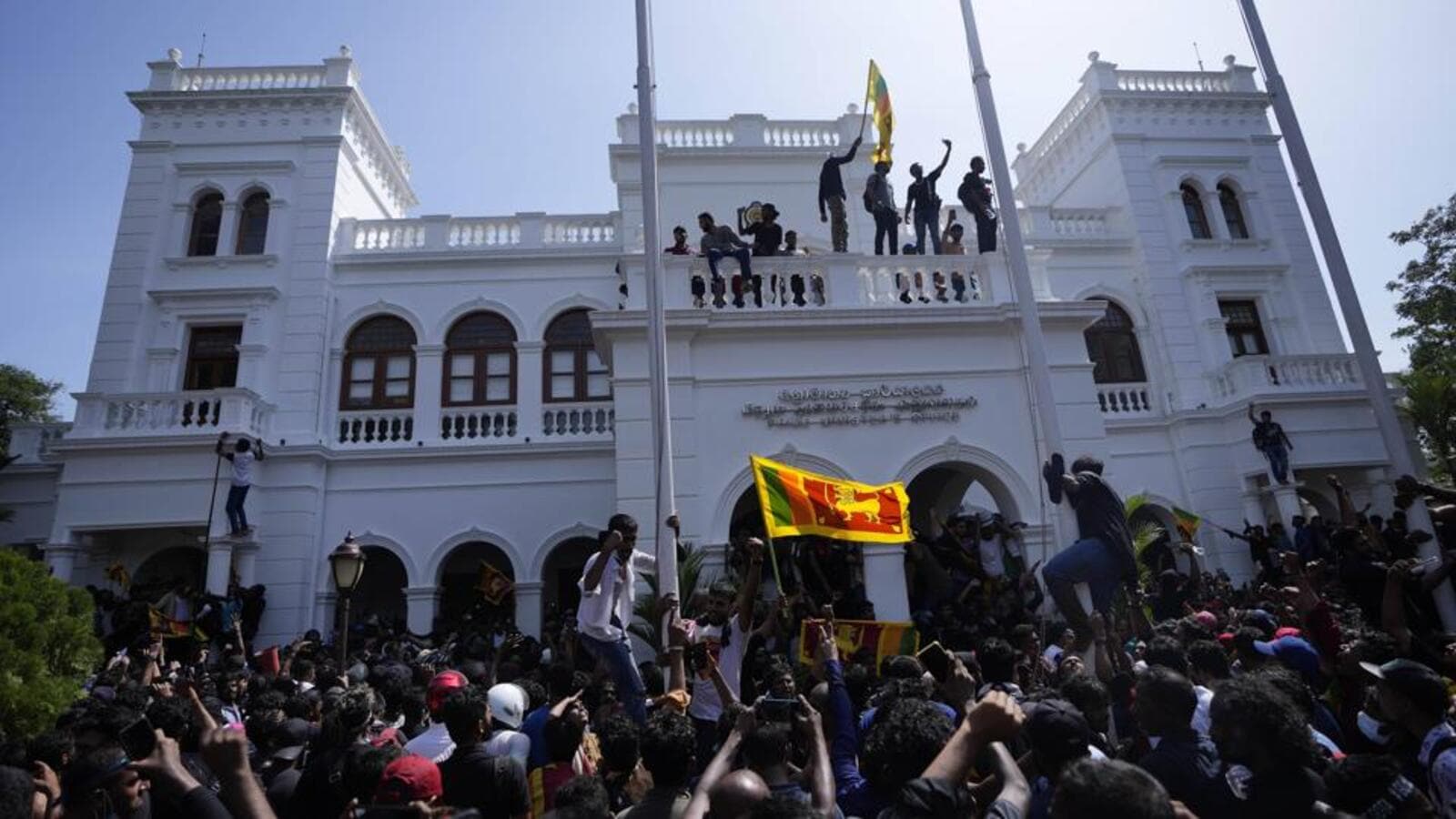
A crescendo that felled Lanka’s most powerful
Hindustan Times)
Explained: What led to the fall of Sri Lanka’s powerful Rajapaksa clan?
Firstpost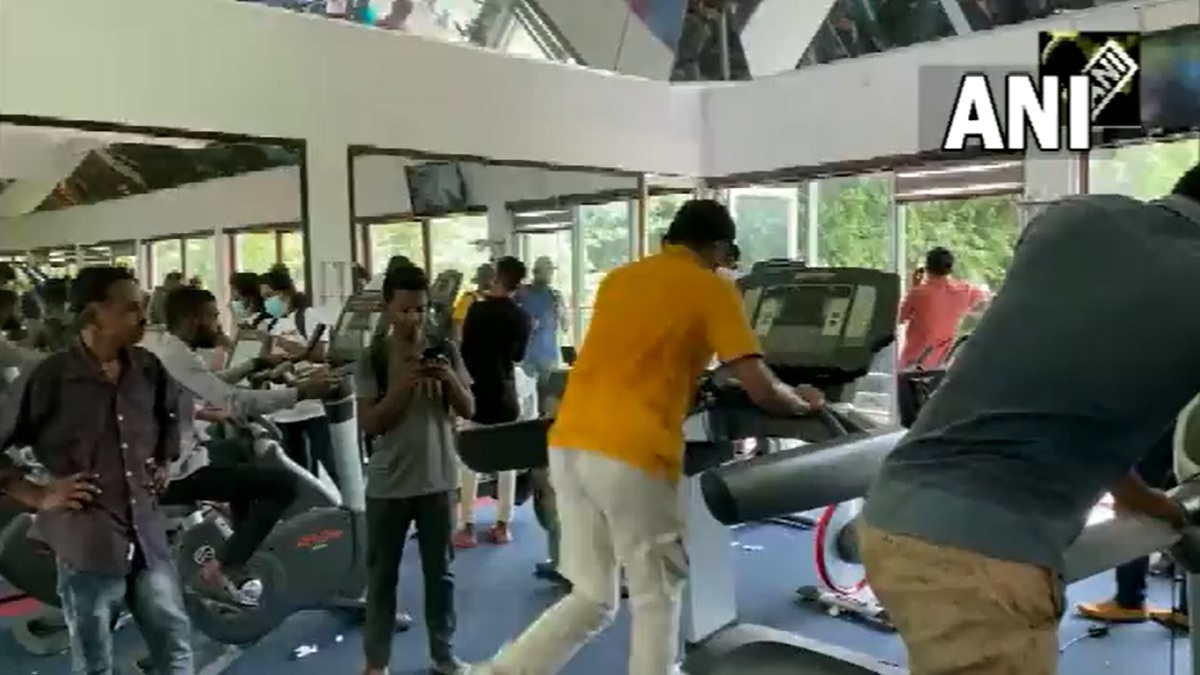
Sri Lankan protestors start cooking in PM's house, hit the gym at President's house | Watch
India TV News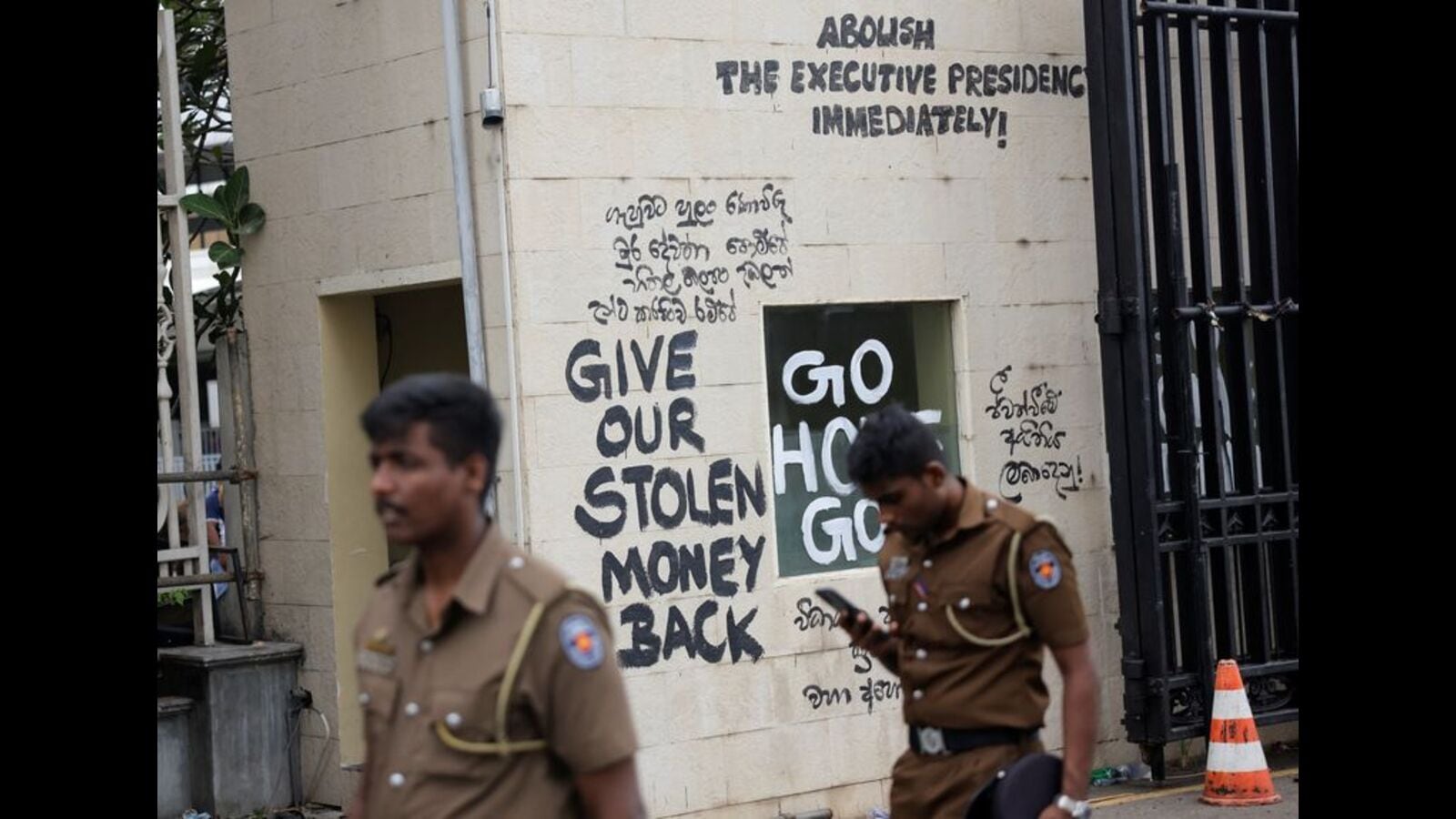
Bolster democratic forces in Sri Lanka
Hindustan Times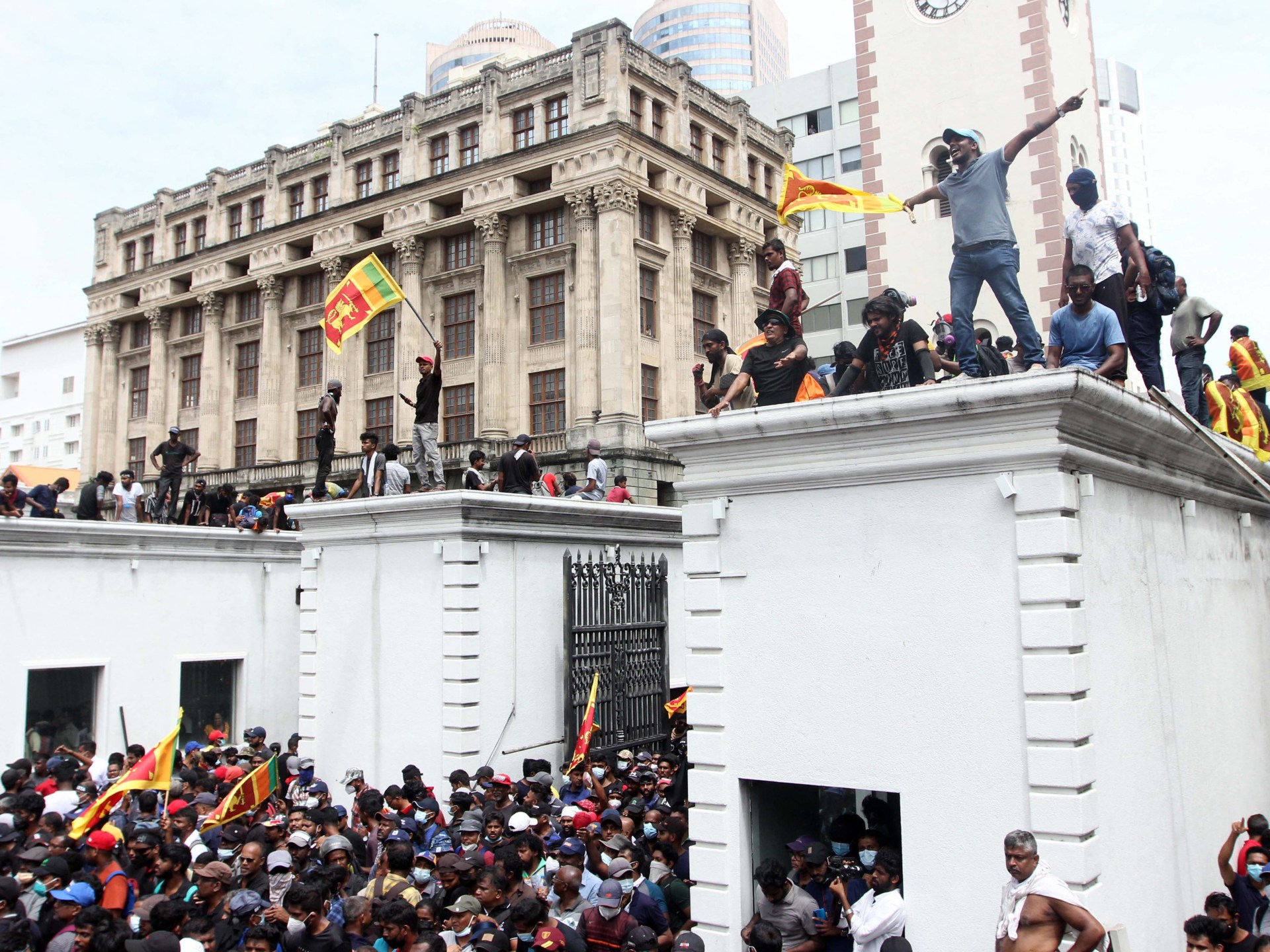
Sri Lanka’s President Gotabaya Rajapaksa to step down
Al Jazeera
Sri Lanka’s ‘picturesque’ protests
Al Jazeera)
Rajapaksa dynasty crumbles as Sri Lanka economy tanks
Firstpost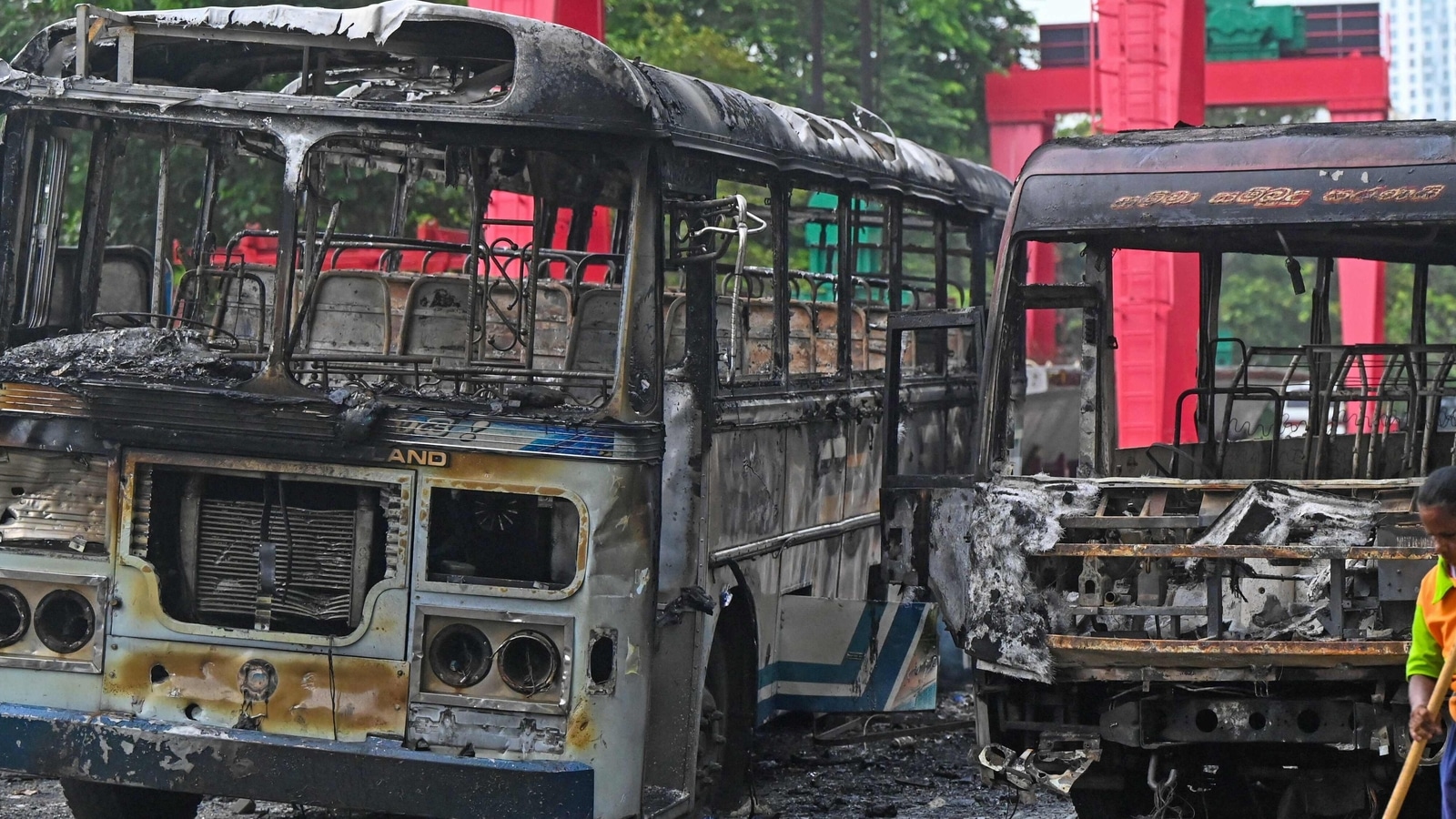
As unrest spreads across Sri Lanka, President Gotabaya Rajapaksa appeals for peace
Hindustan TimesSri Lanka’s worker unions go on mass strike asking govt to quit
The Hindu
A political reckoning in Sri Lanka as debt crisis grows
Associated Press
Sri Lanka President willing to form interim govt, says Buddhist monk: Report
Live Mint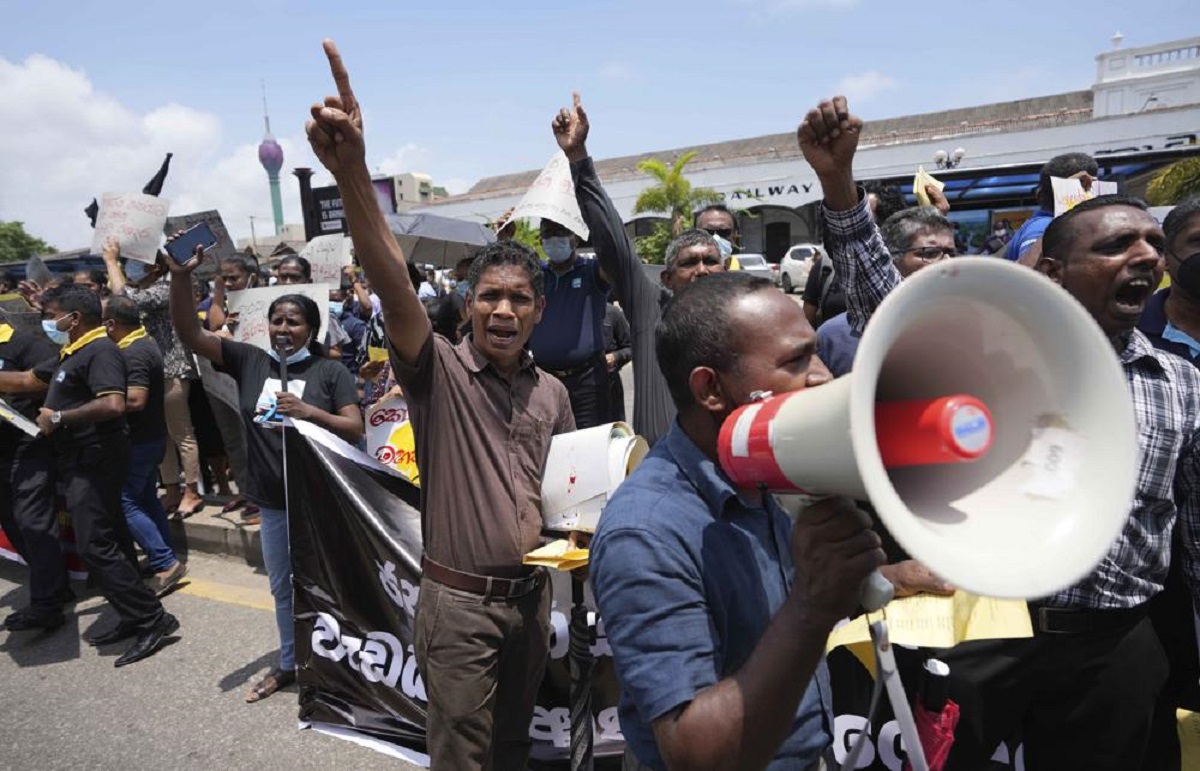
Sri Lankan President ready to form interim govt, claims senior Buddhist monk
India TV News
‘Failed state’: Sri Lanka’s Buddhist leaders want gov’t to resign
Al JazeeraA chance to hit refresh in Sri Lanka
The Hindu
Sri Lankan Protesters Justified, Govt Should Have Communicated Better: PM’s Son Namal Rajapaksa
News 18
Sri Lanka’s Youths Won’t Let Island Nation Maroon in Financial Crisis, Change Course in 7 Days
News 18
Voice from Sri Lanka: The Sea of Protesters is Not Going Home Until Rajapaksa Does
News 18
Economic crisis threatens hold of Sri Lanka’s most powerful family
Live Mint
Sri Lankan opposition not ready to push Rajapaksa out of power
Hindustan Times
Sri Lanka Mayhem: President Gotabaya Rajapaksa Loses Parliament Majority as Protests Mount
News 18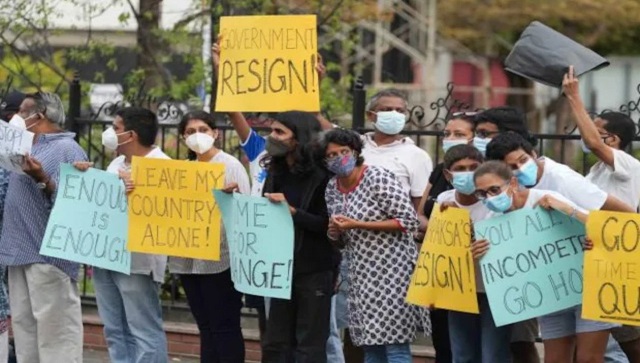)
Sri Lanka president loses parliament majority as protests mount over crippling economic crisis
Firstpost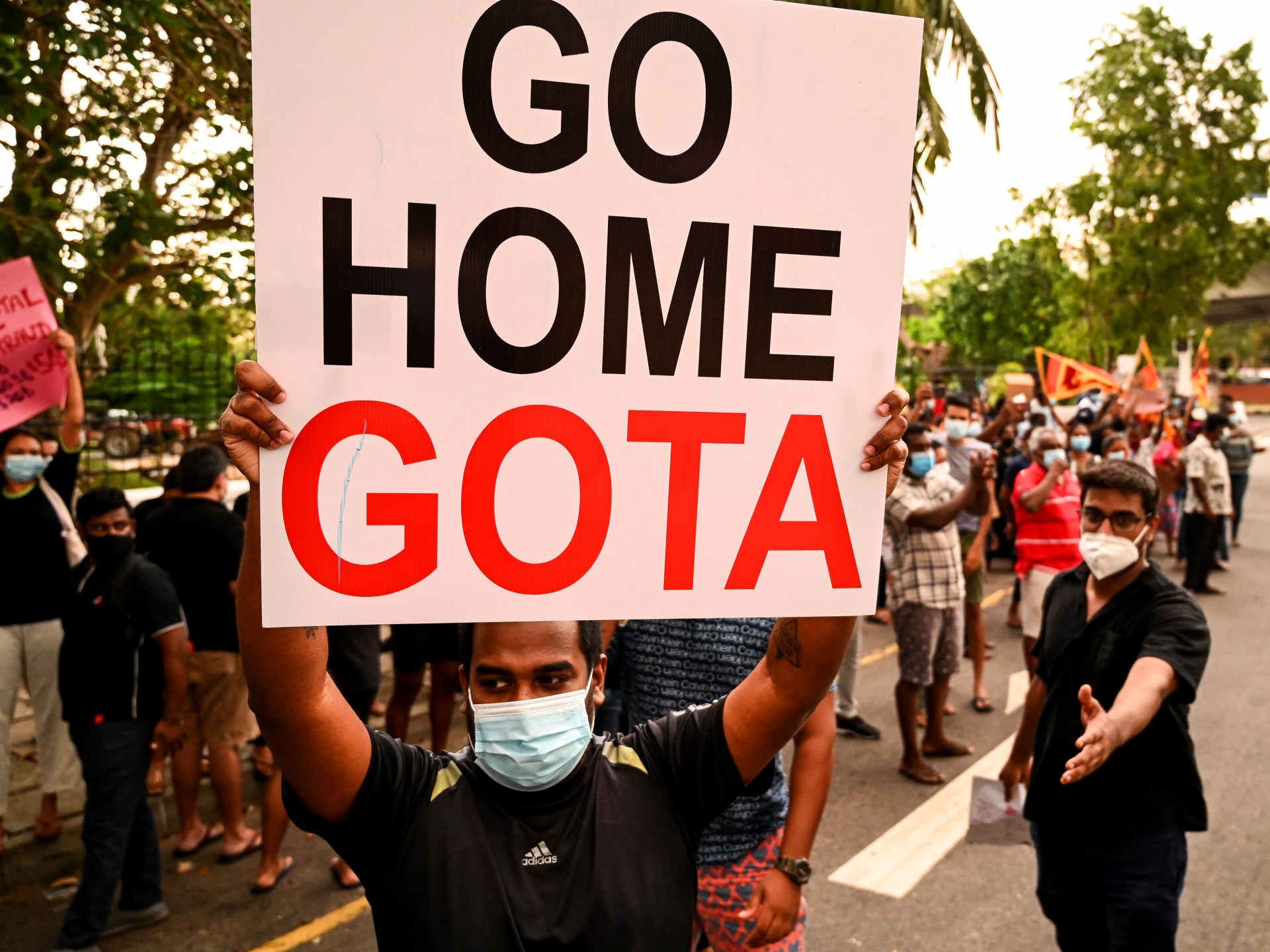
Sri Lanka: Gota needs to go – but so does the ethnocratic state
Al Jazeera)
Sri Lanka: How interim government may be the best way out for stability, continuity and fiscal management
FirstpostEntire Sri Lankan cabinet resigns, social media ban lifted as country's economic crisis worsens
ABC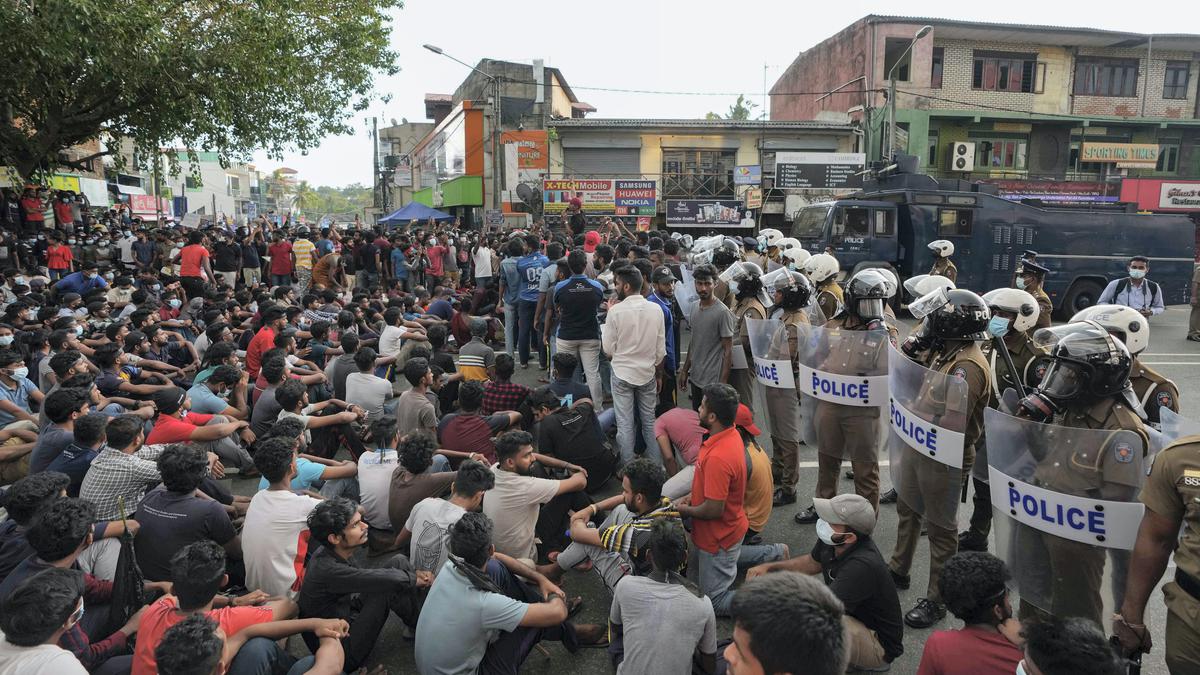
Ministers quit in Sri Lanka
The HinduWatch | Sri Lanka Crisis: Opposition holds protest defying curfew
The Hindu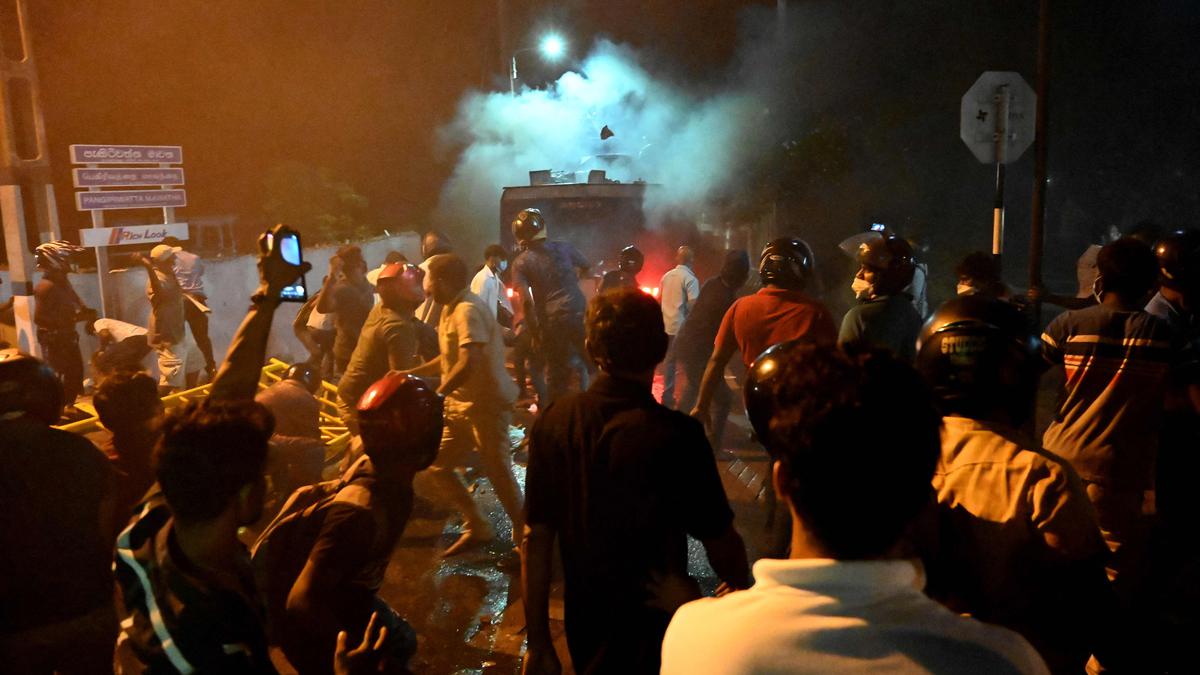
As Sri Lanka crisis worsens, hundreds march to President Gotabaya Rajapaksa’s house
The Hindu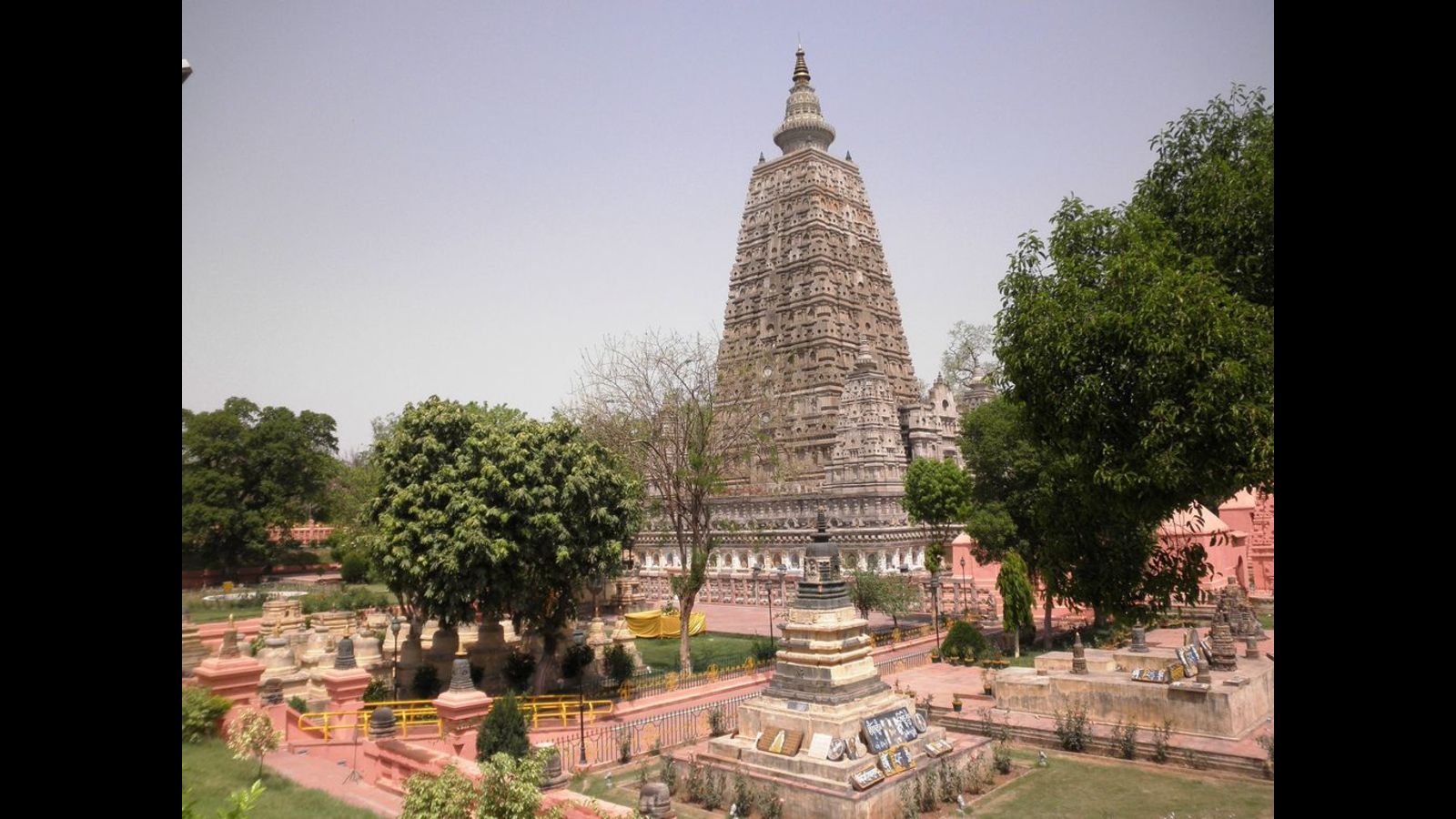
How India is building ties with nations that share Buddhist heritage
Hindustan Times
The Rajapaksa Dynasty in Sri Lanka: Democracy in Decline
The Diplomat
What is behind the anti-Muslim measures in Sri Lanka?
Al Jazeera
Why does Sri Lanka’s parliamentary election matter?
Al JazeeraDiscover Related
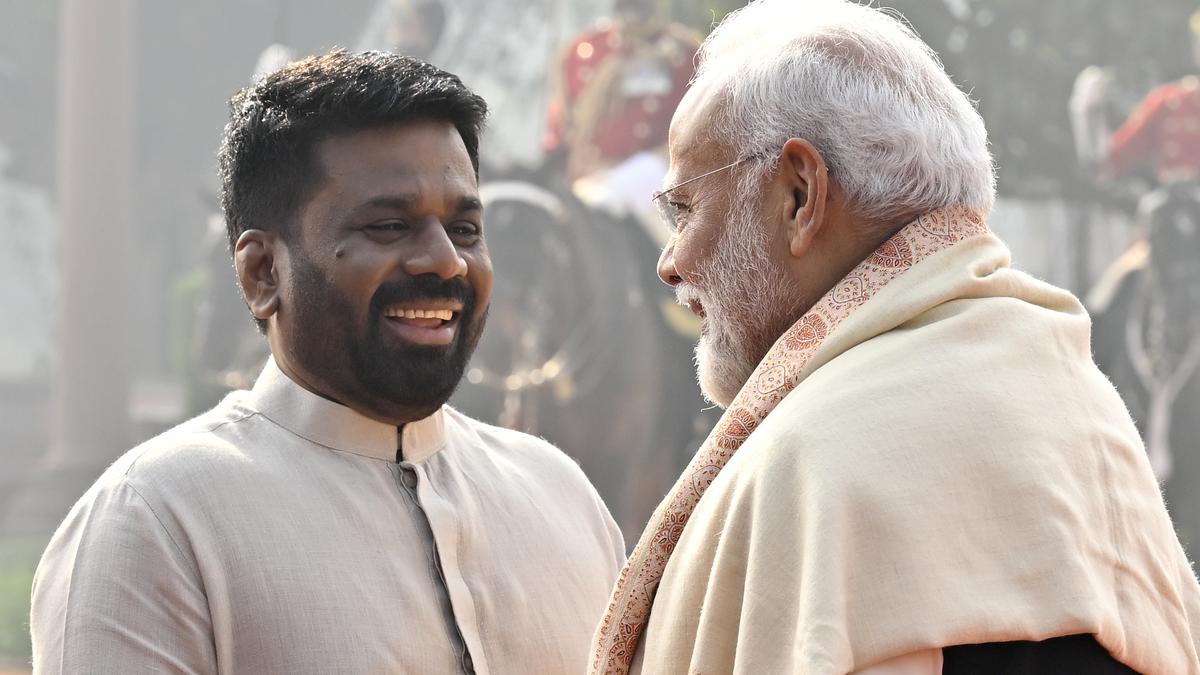
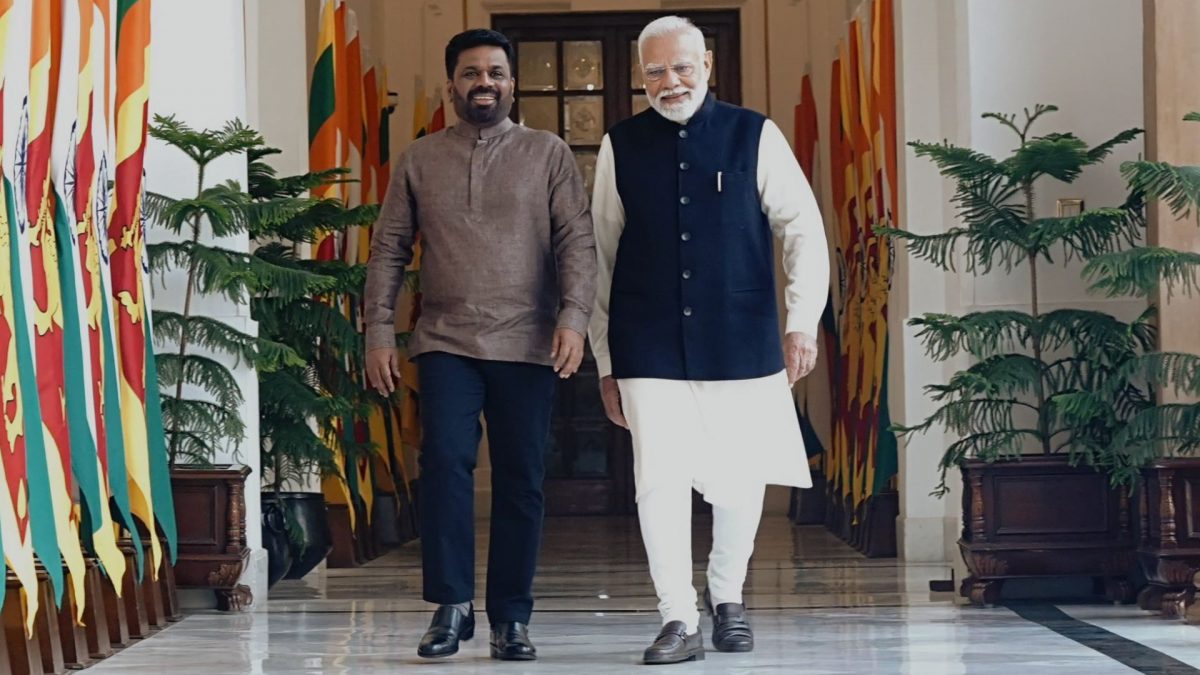)
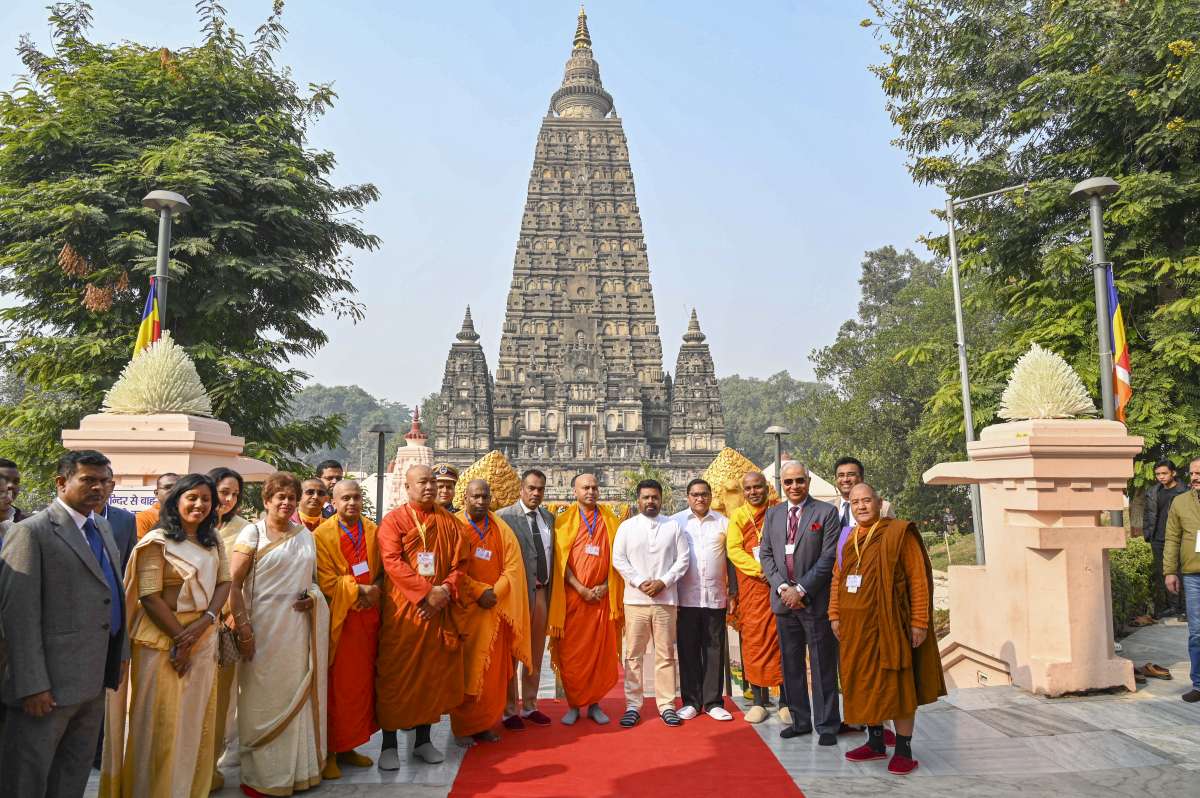


)
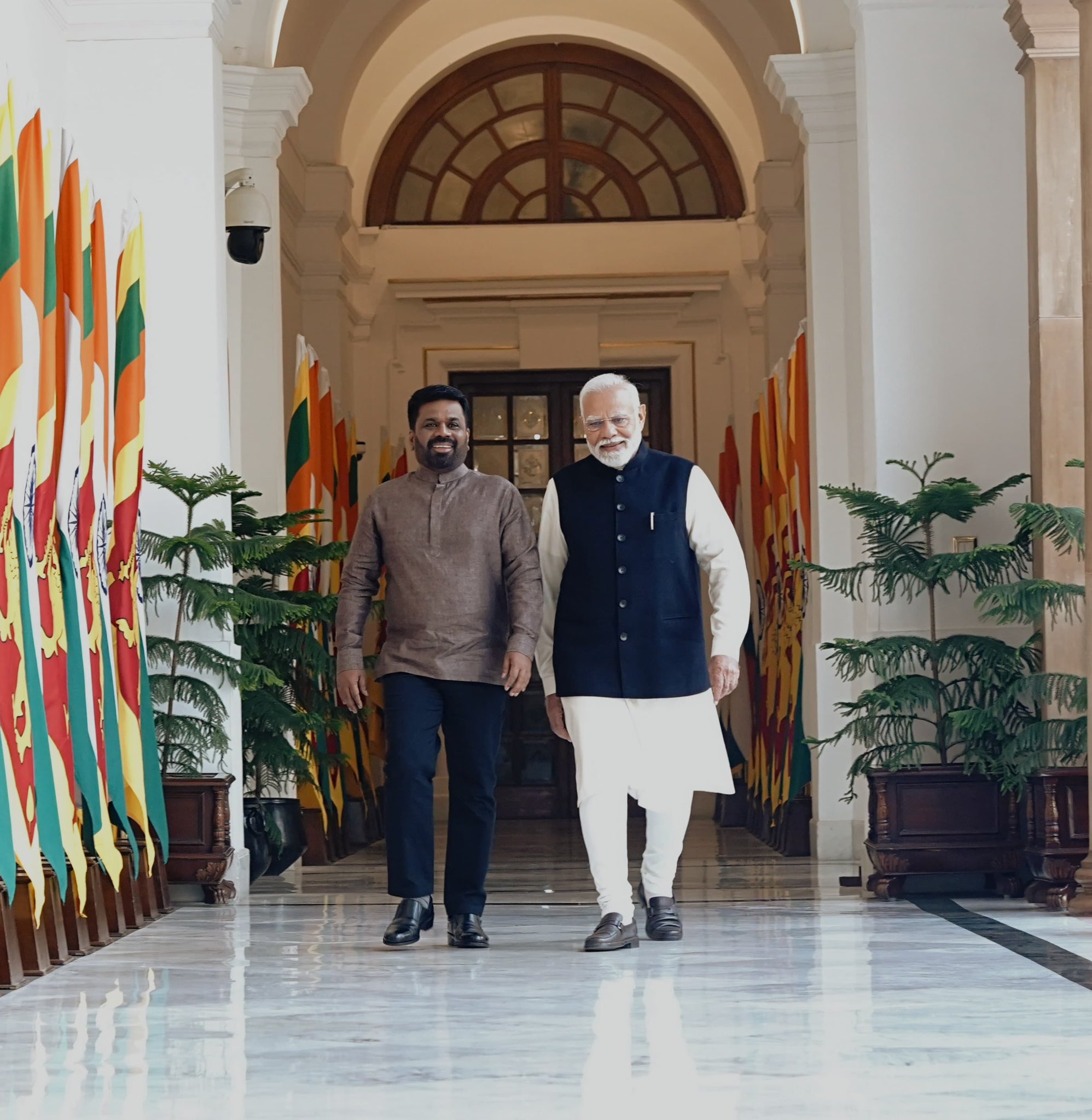

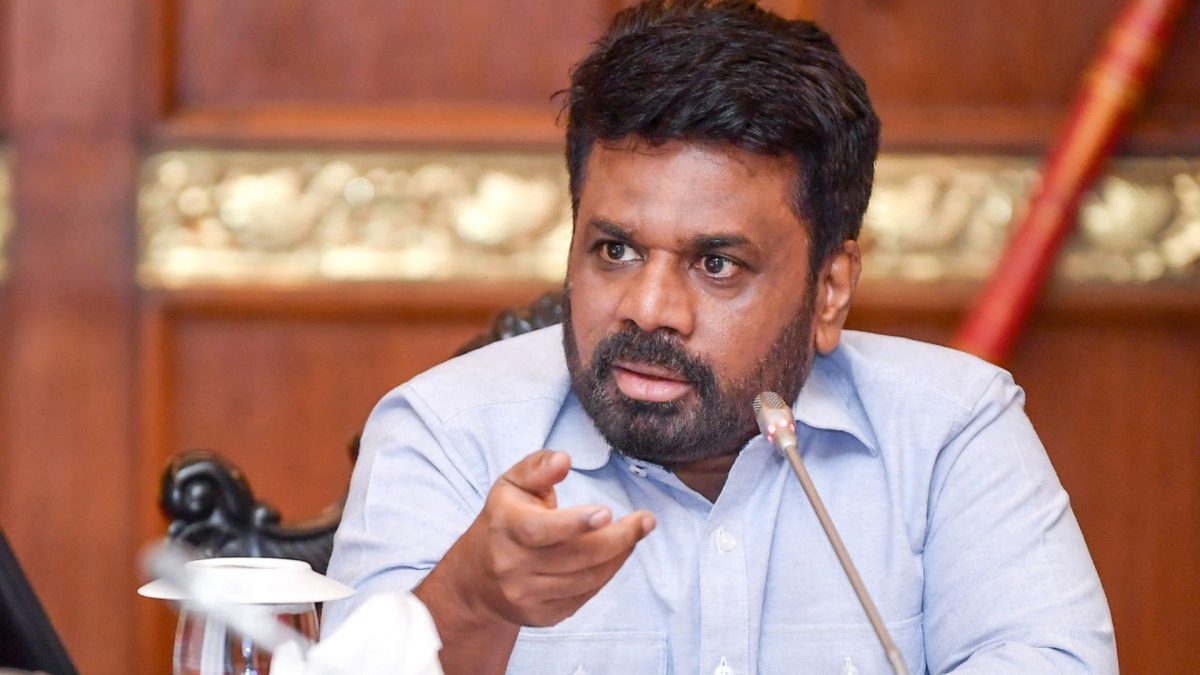)


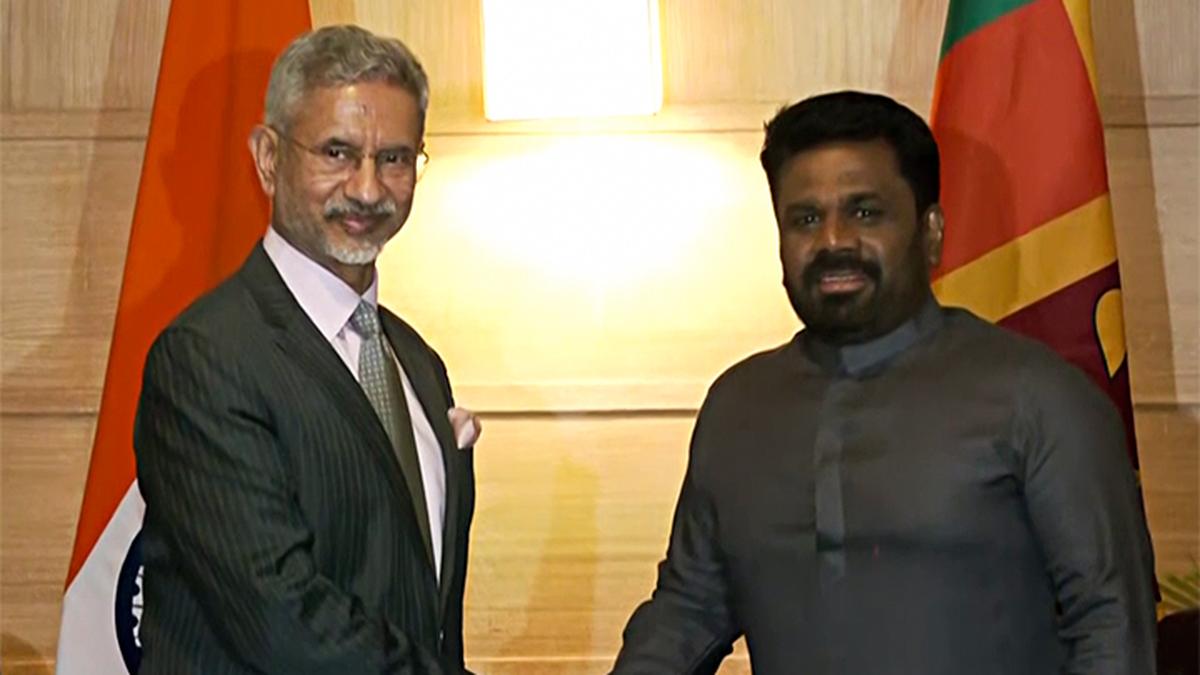




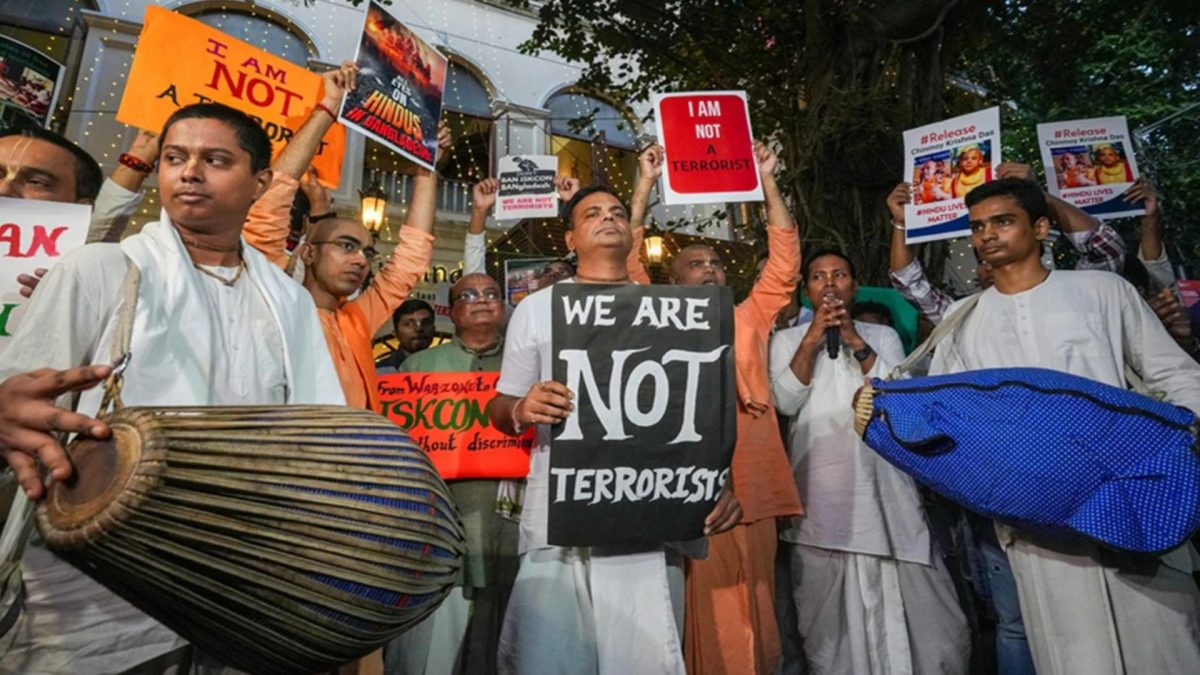)
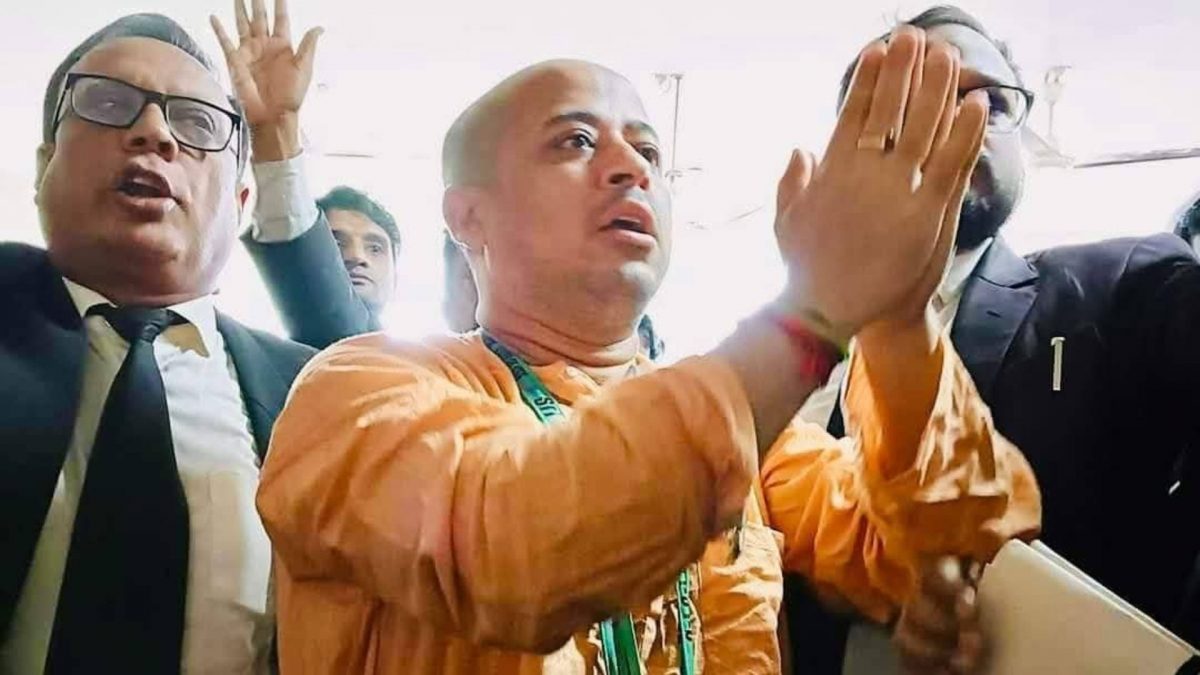)


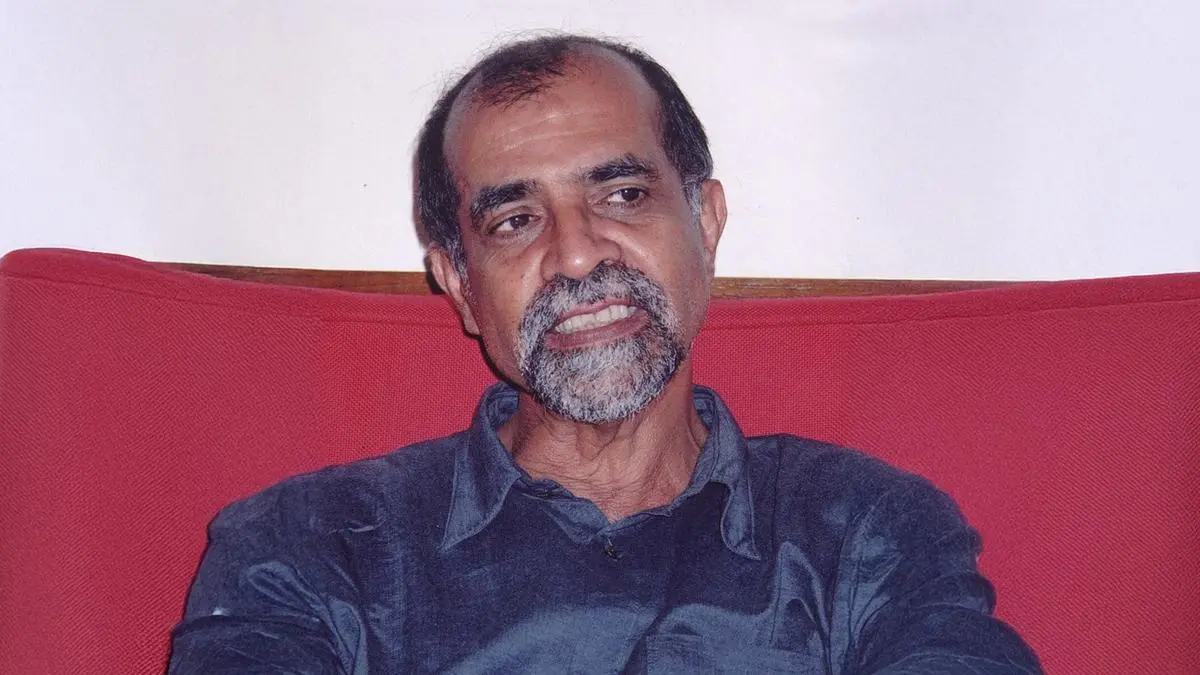

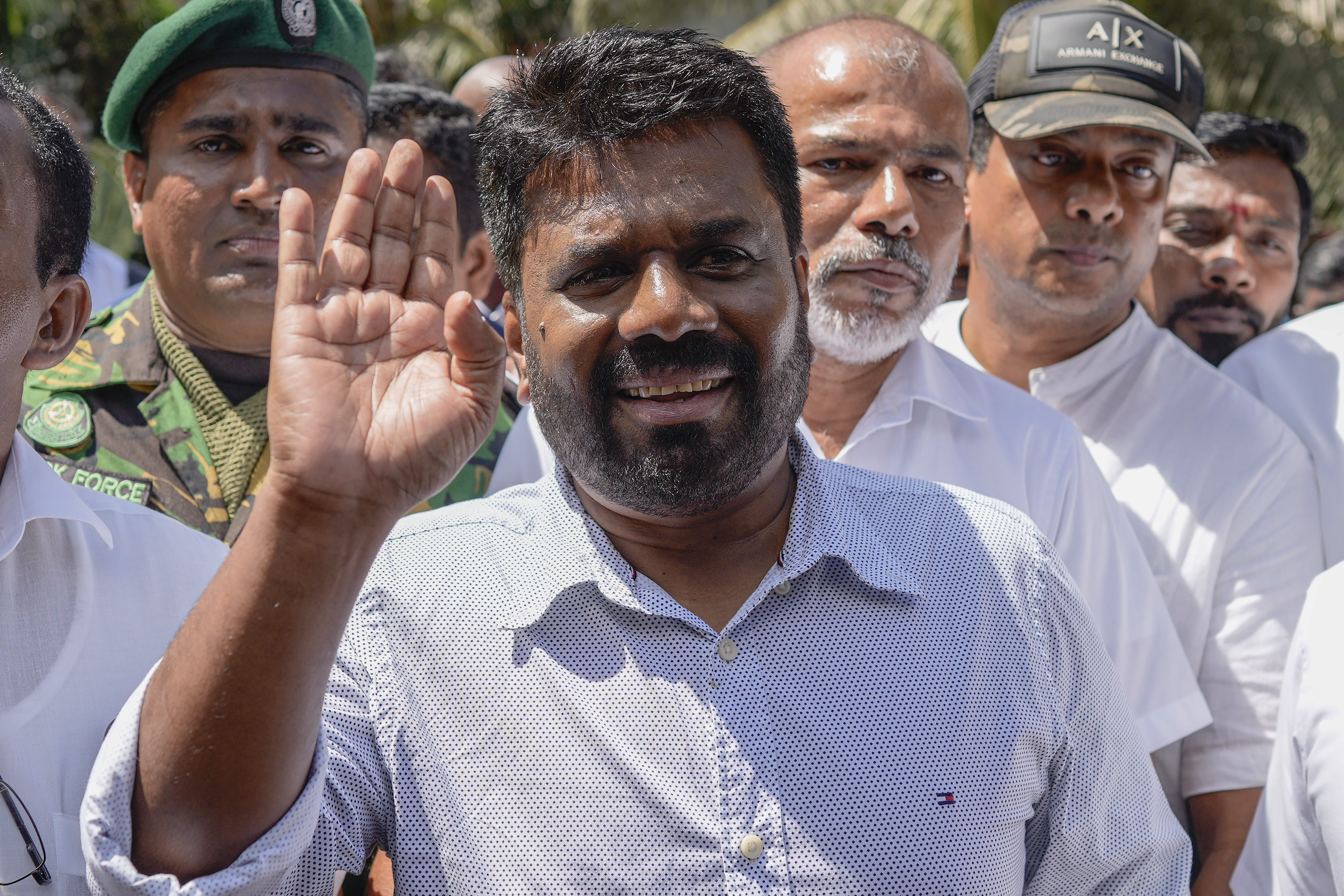

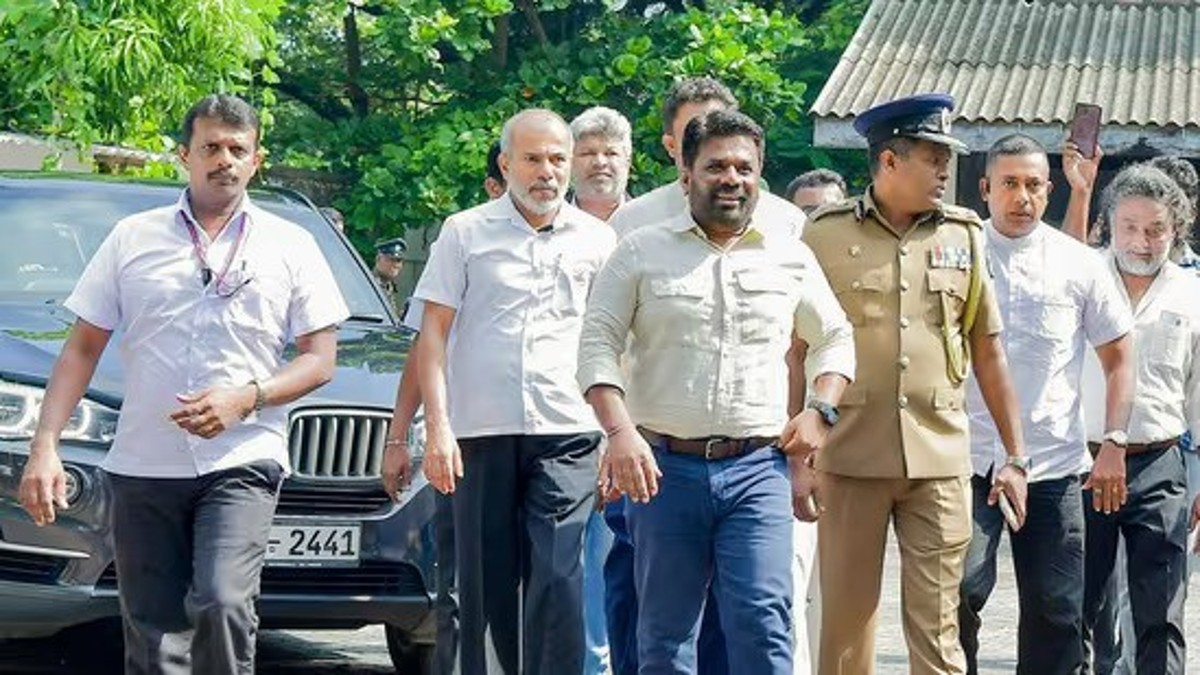)

